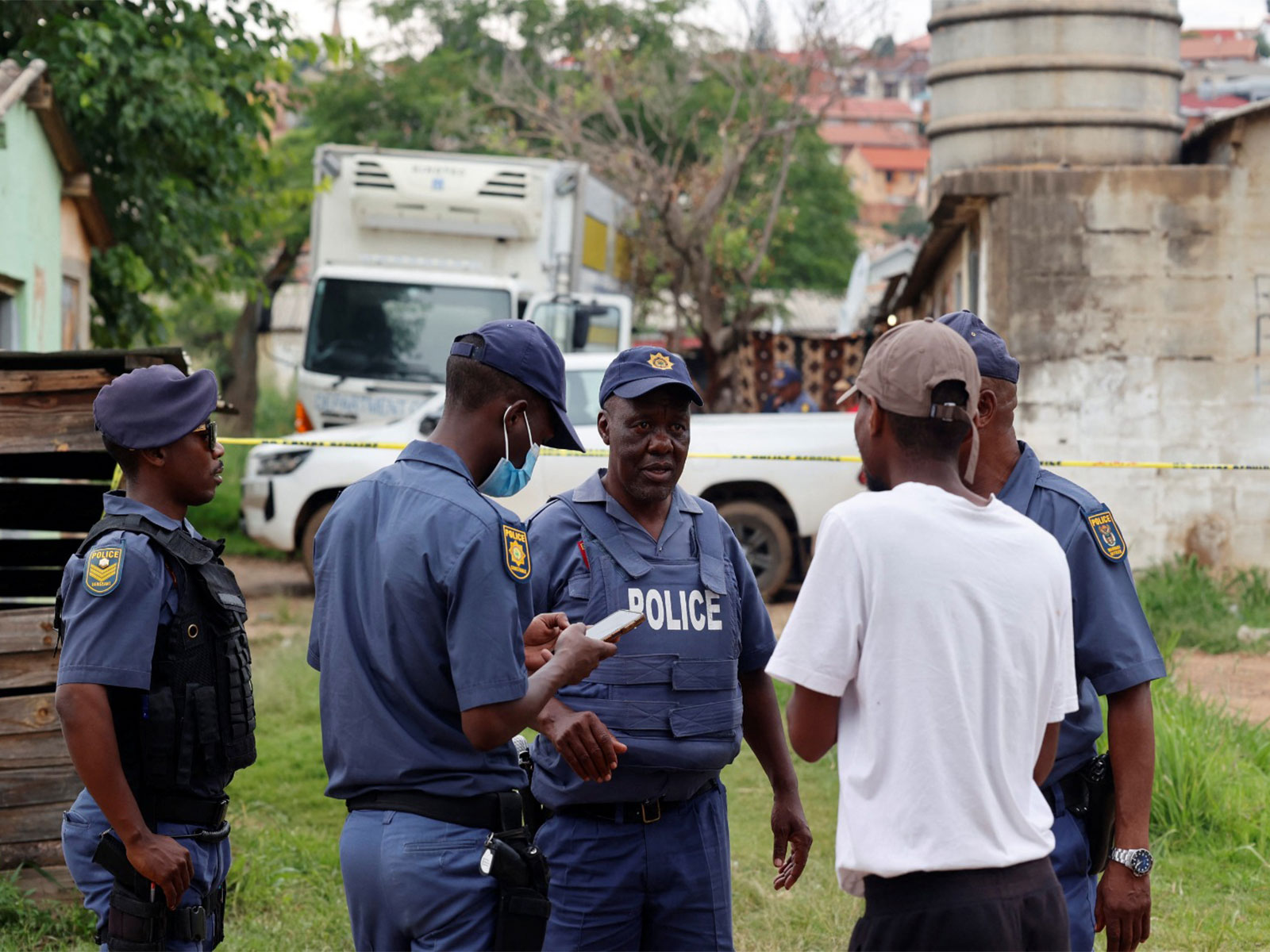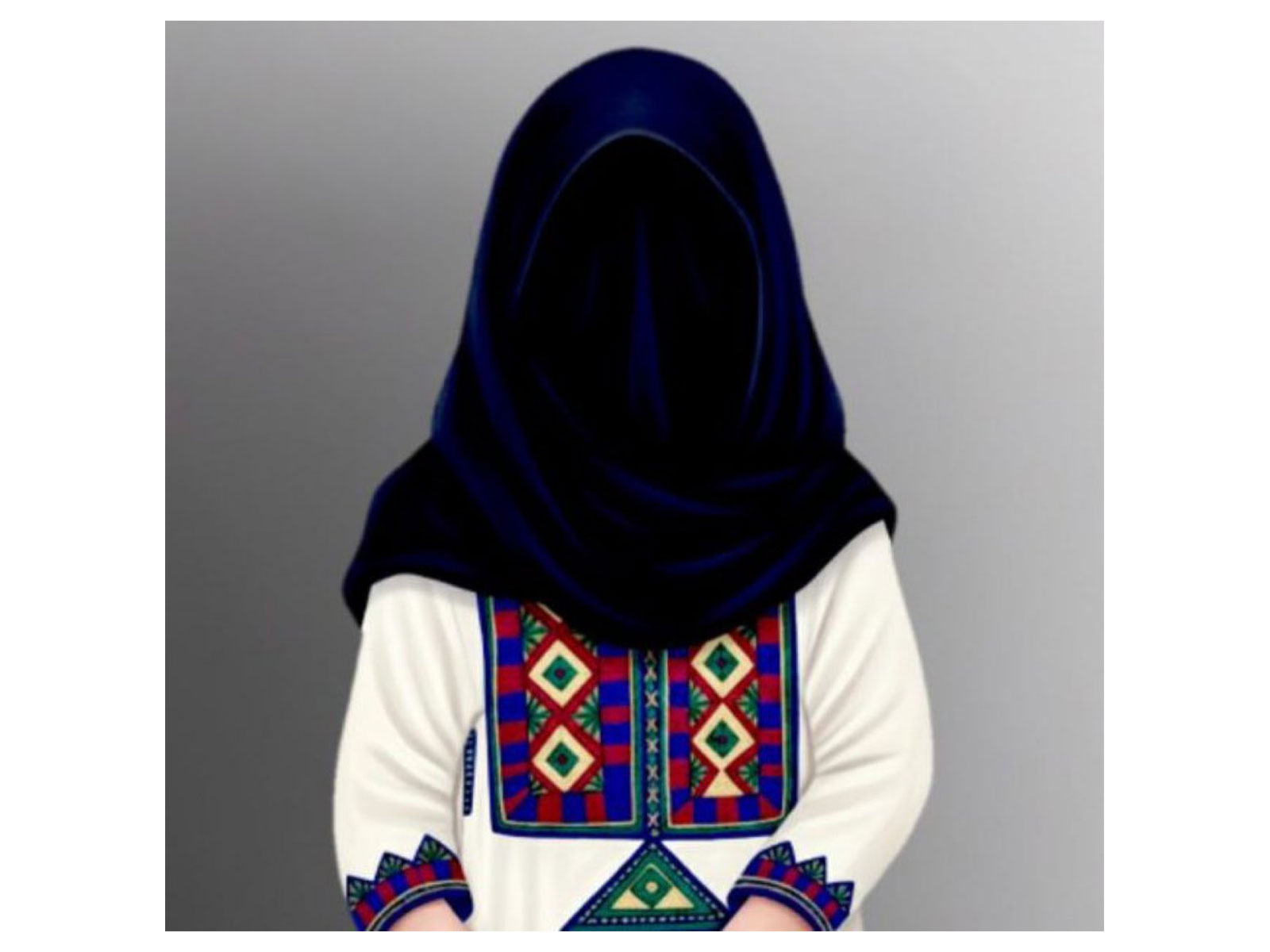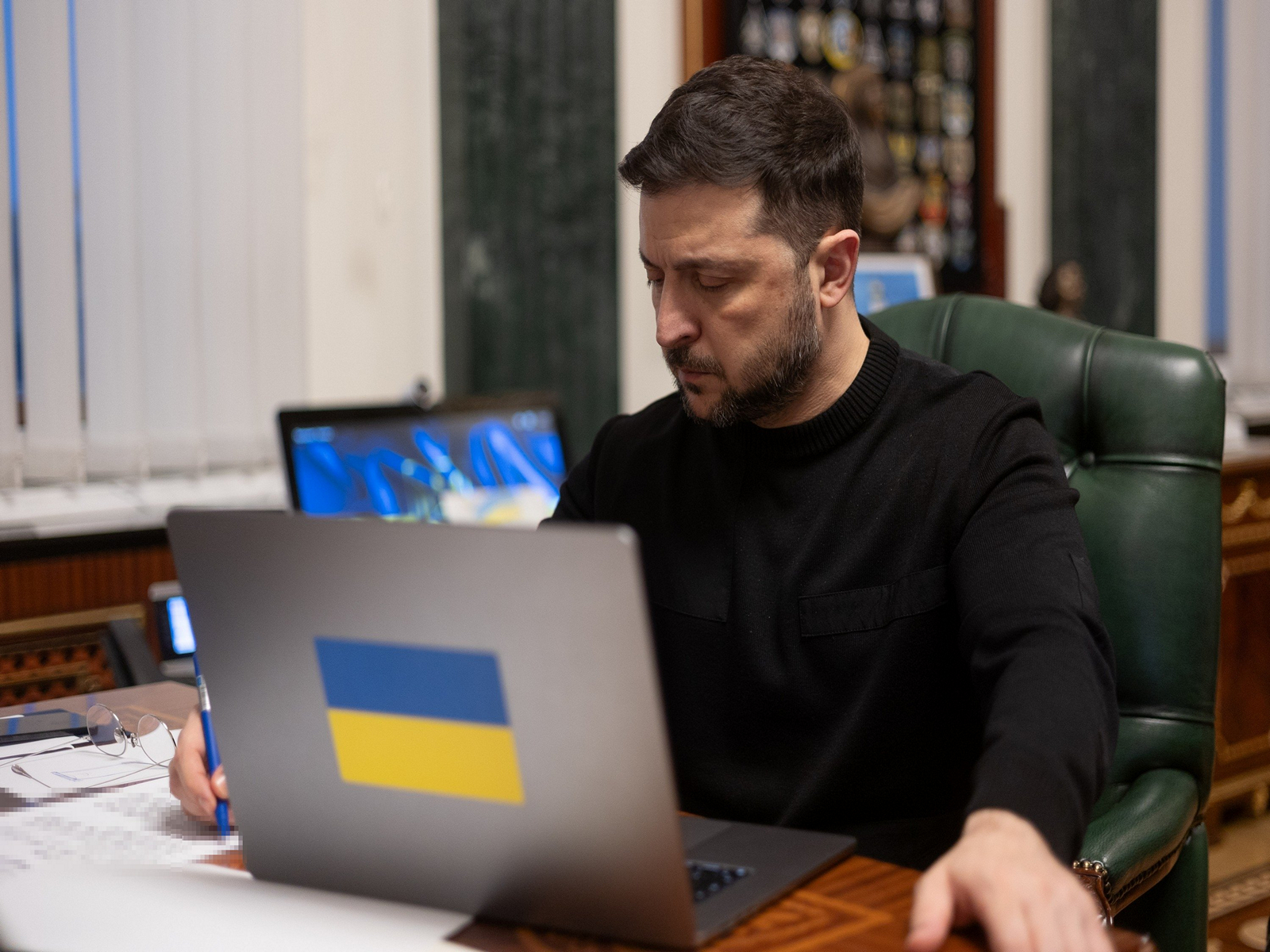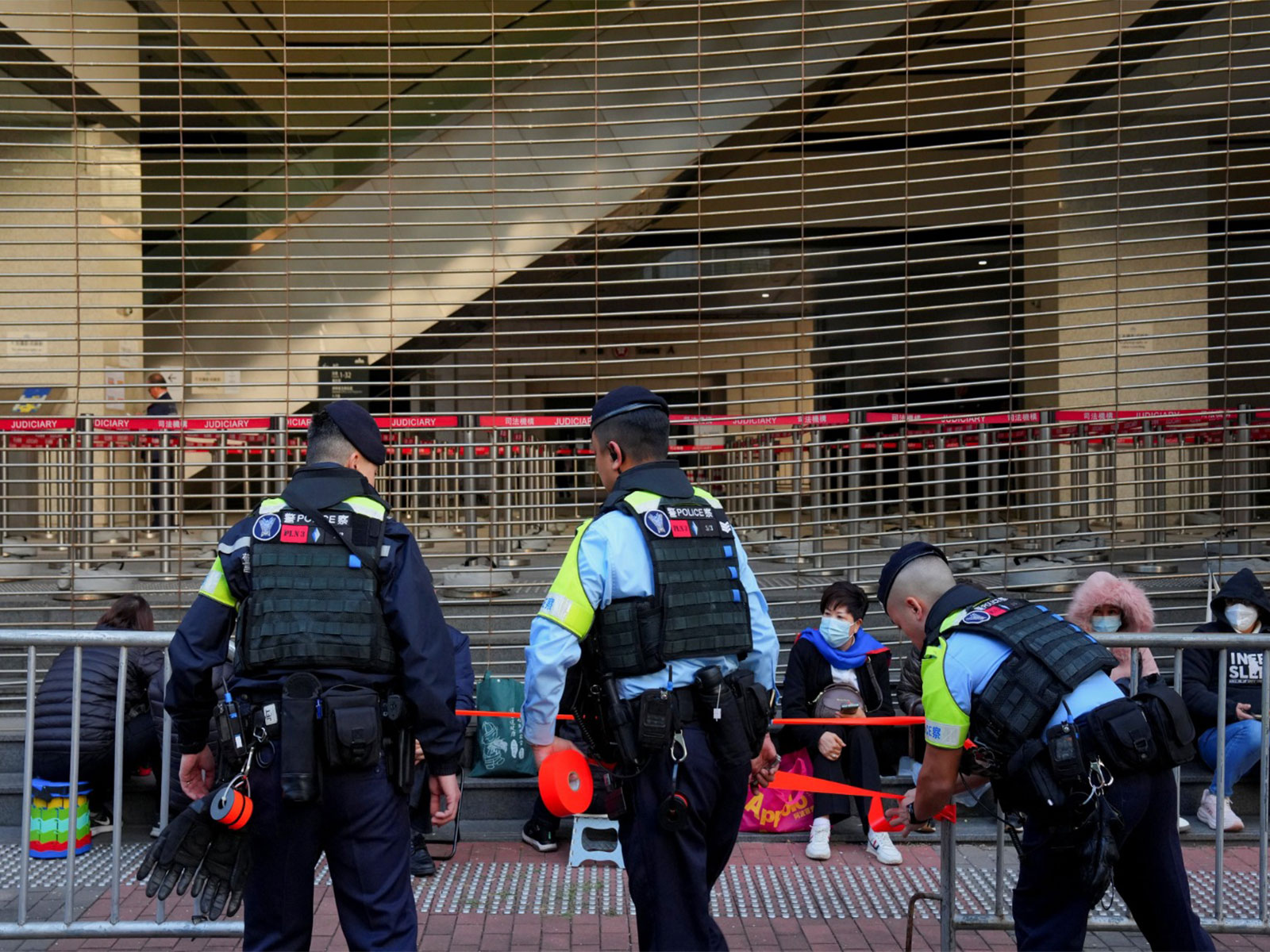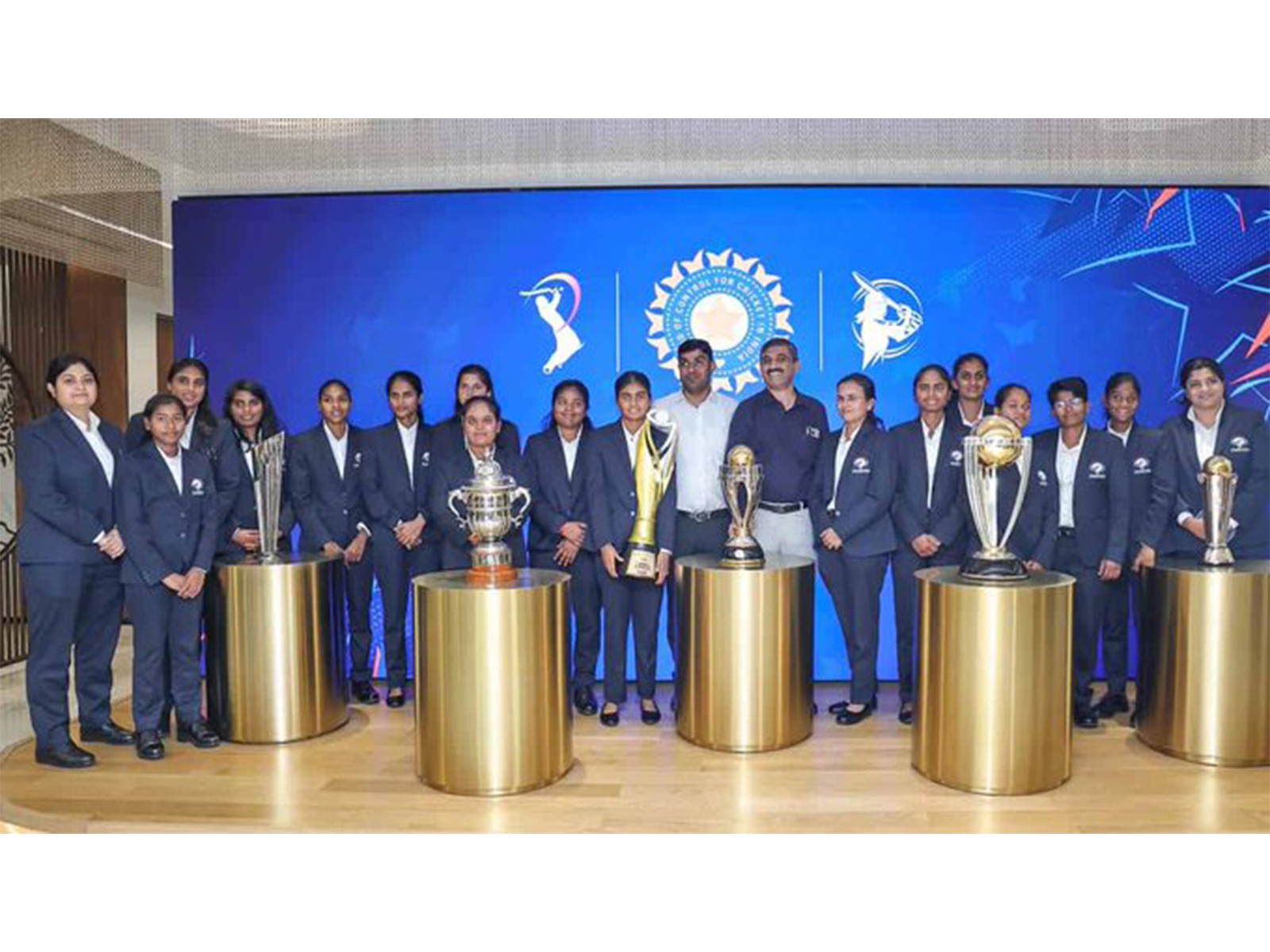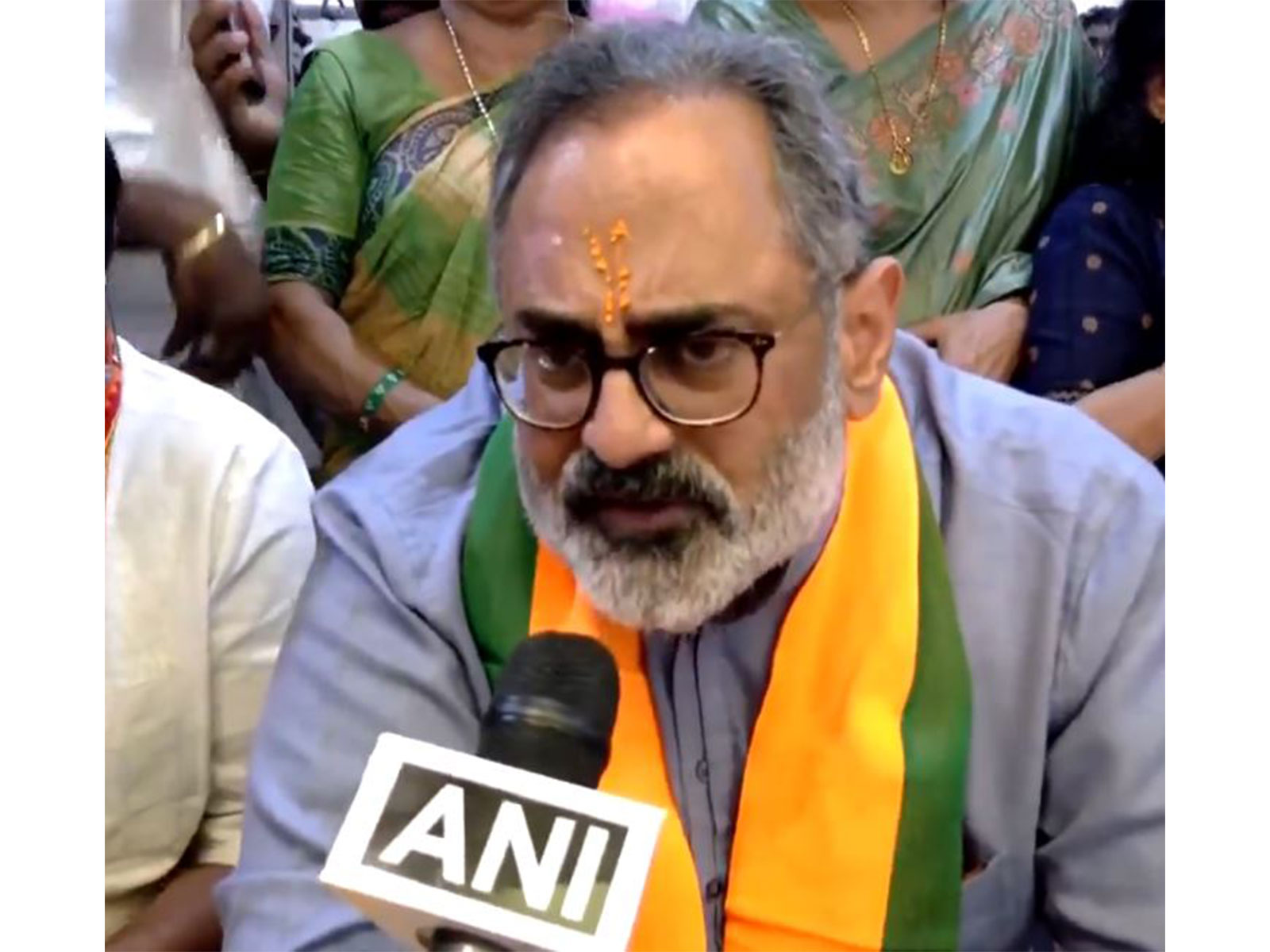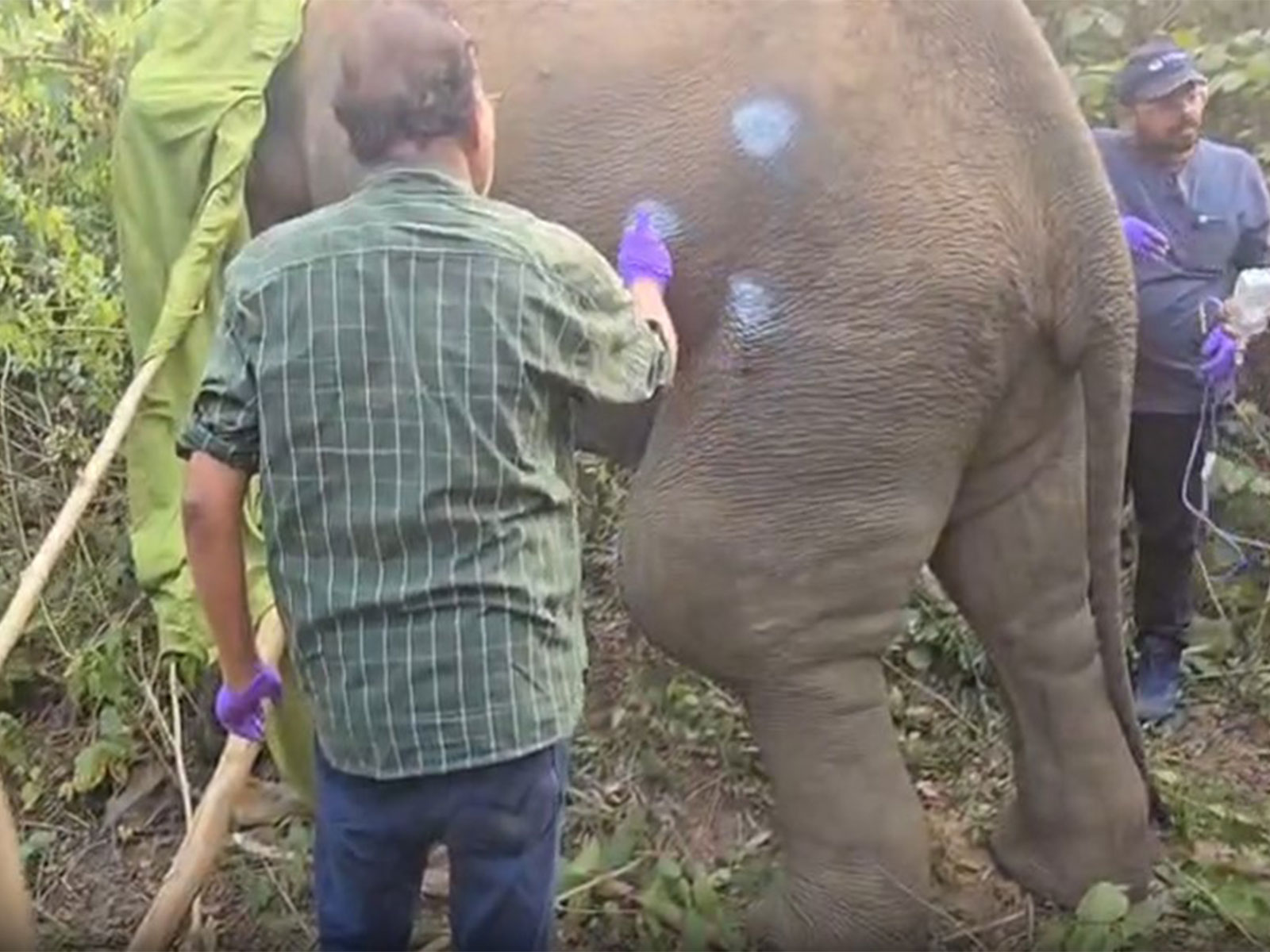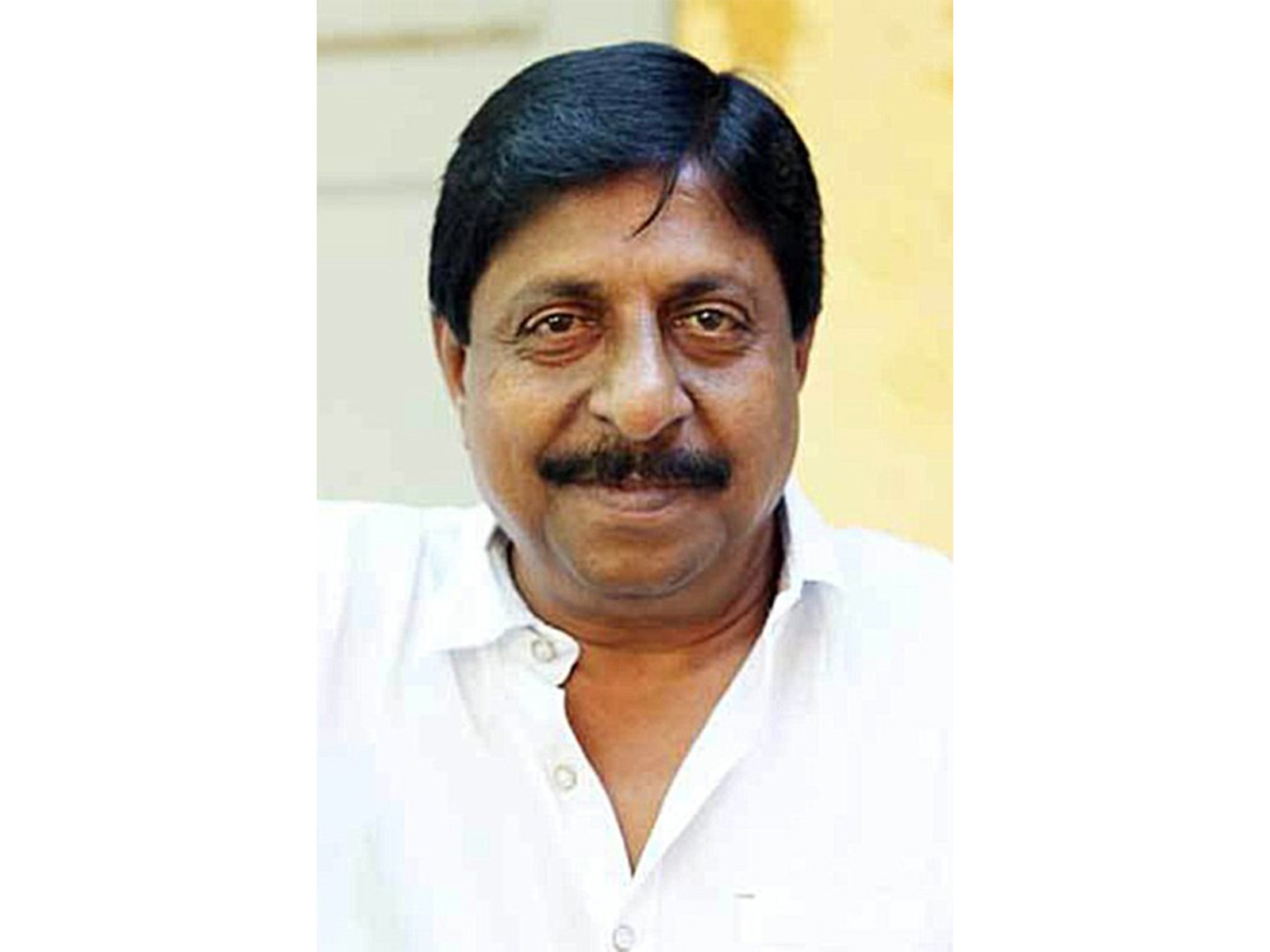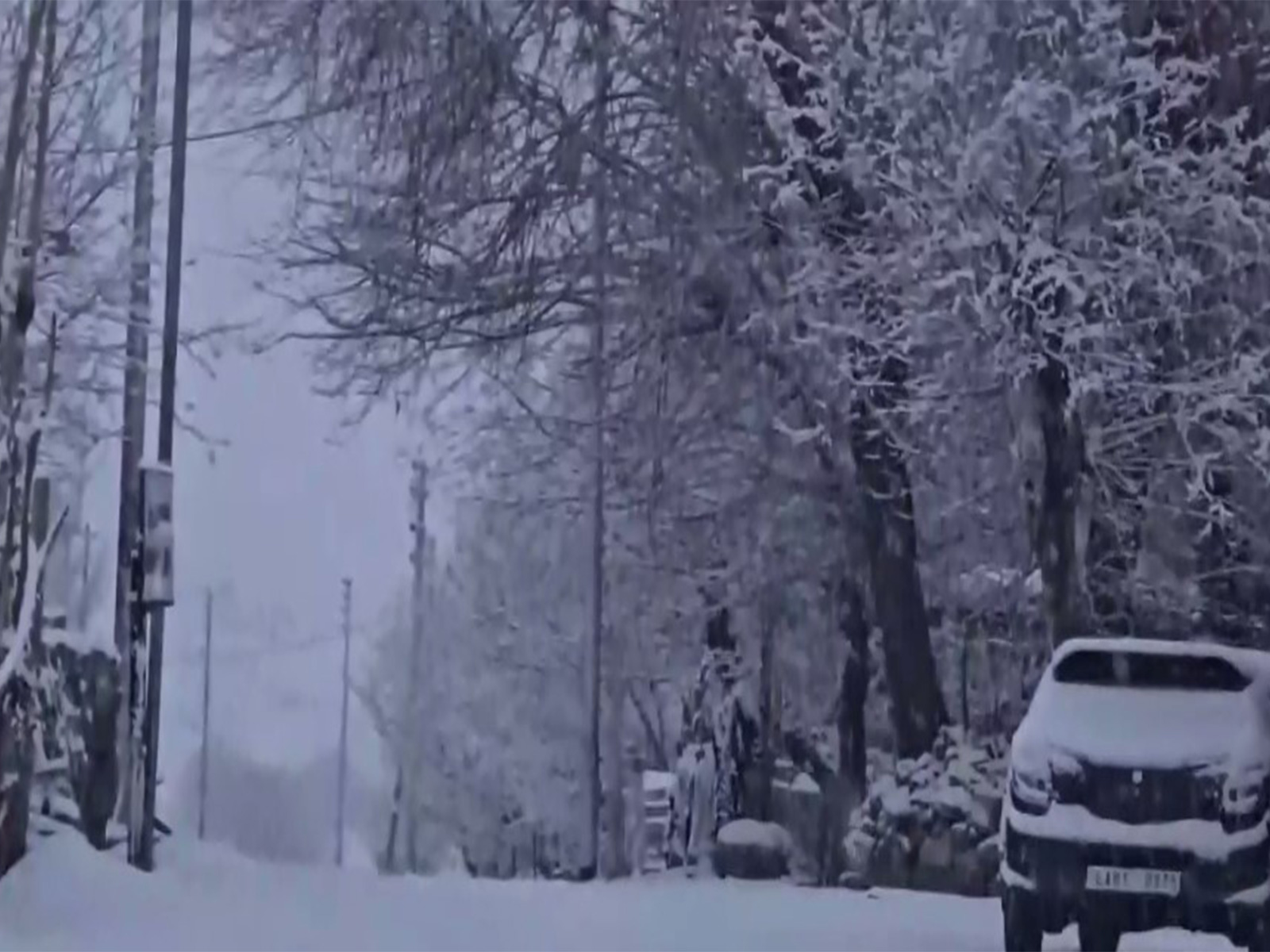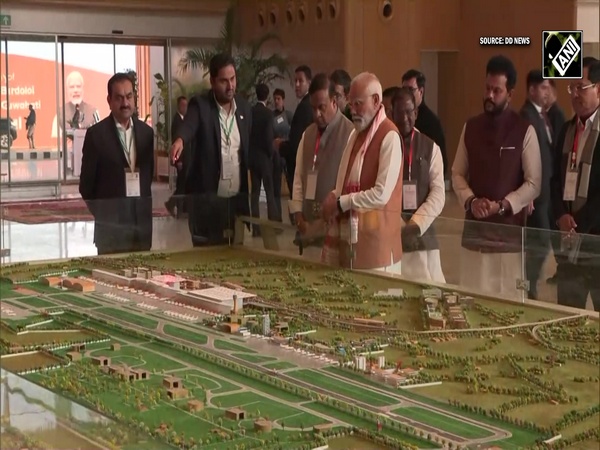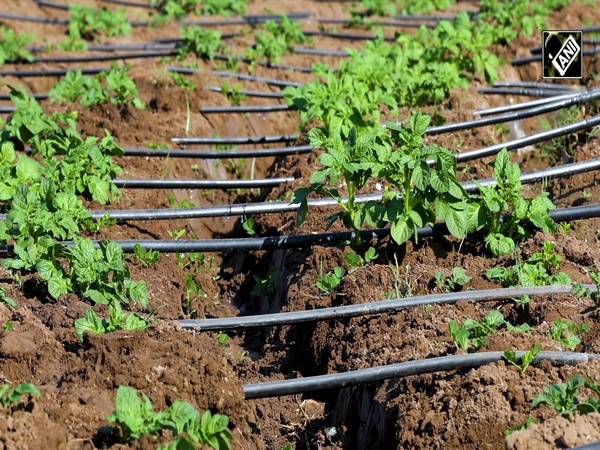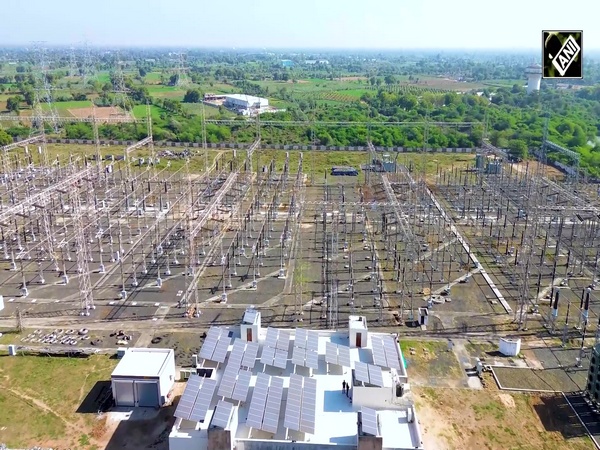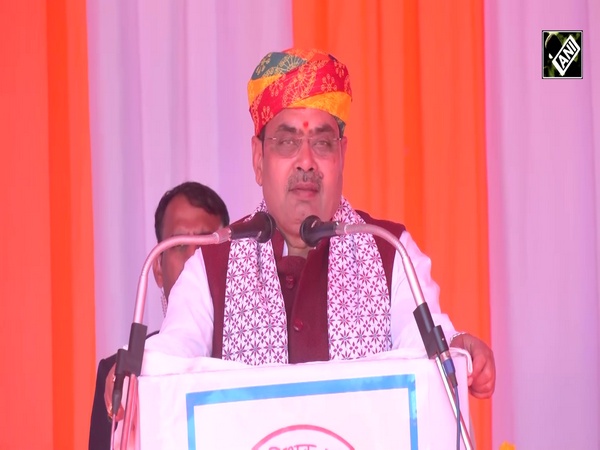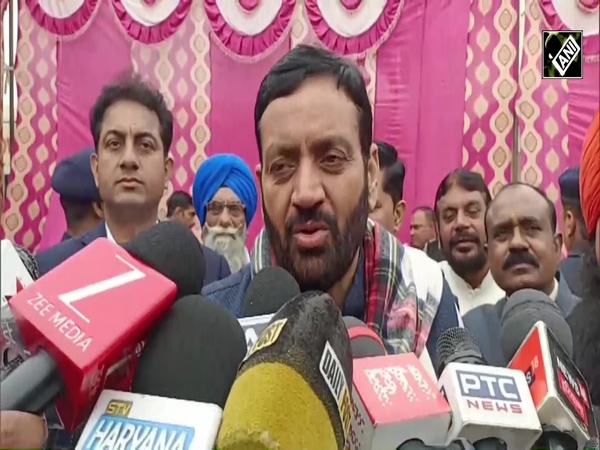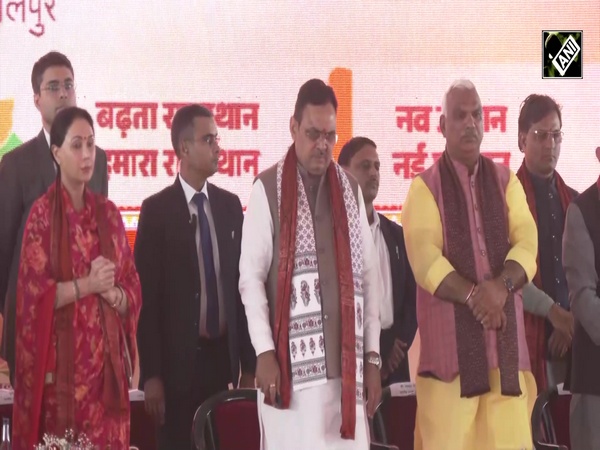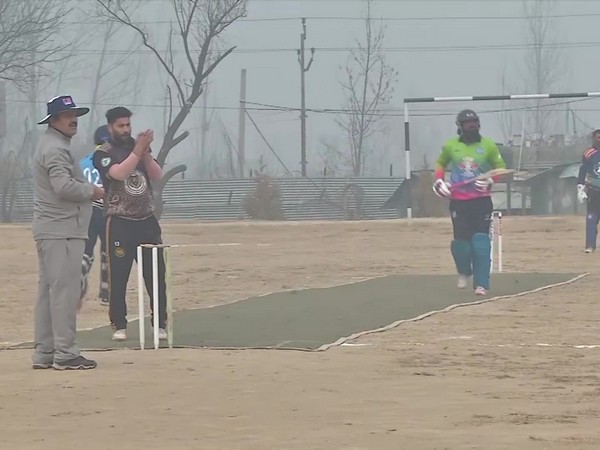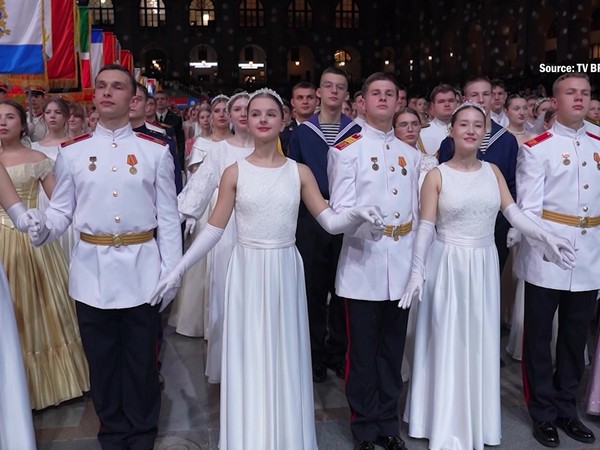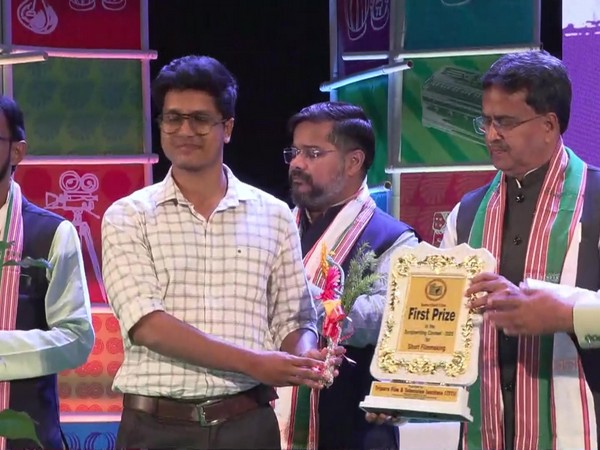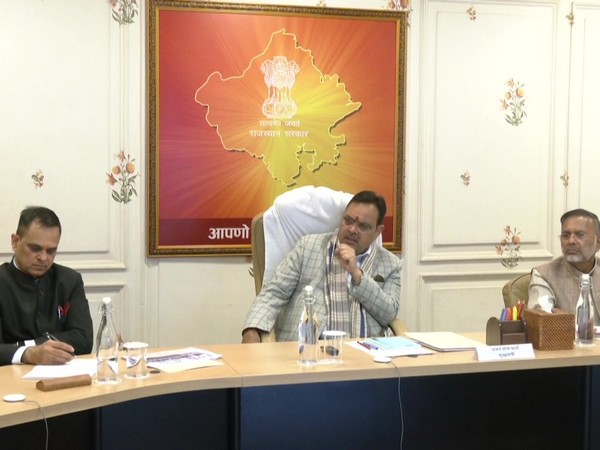"Now, we know better practices for policing": Mexican police official after 15-day training programme ends at Gandhinagar
Jul 05, 2024

Ahmedabad (Gujarat) [India], July 5 : An Officer of Mexico Police, M Olmos A, who underwent training at the Mexico Police Training Programme at Rashtriya Raksha University in Gandhinagar said on Friday that now she knows better practices for policing.
Olmos told ANI, "For the past 15 days, we took part in a special training here in India. Now, we know better practices for policing in my country."
The Director of the School of Internal Security and SMART Policing, Major General Deepak Mehra, said that statues of eminent personalities like Mahatma Gandhi find a place of honour in many prominent places and cities in Mexico. It shows that Mexico and India have shared values of peace and non-violence.
"Together, these serve as a constant reminder of our shared values of peace and non-violence. Perhaps one of the most prominent cultural exchanges between Mexico and India can be attributed to eminent Mexican poets. Nobel laureate of 1990 and Ambassador of Mexico to India between 1962 and 1968, Octavio Paz's best works were written during his time in India, which are the gateway for many Mexicans," Mehra said.
At the end of the training programme, Mehra said that they had learnt a lot about the values, culture and customs of each other's countries. He said that there had been a valuable exchange of ideas in law enforcement fields.
He appreciated the support extended by the Embassy of India in Mexico in the event. "Their deep involvement in coordinating this entire program with Mexico officials deserves special appreciation and we thank them for that," the Kirti Chakra, Ati Vishisht Seva Medal (AVSM), and Vishisht Seva Medal awardee said.
He said that like India, Mexico is the cradle of ancient civilizations.
"Culture unites hearts and with Mexico, it has been one of the backbones of relations between the two nations. Legend has it that one of the women of Indian origin, Catarina de San Juan, a self-proclaimed princess, adopted a Mexican name and worked at Santa Clara's convent in Puebela," Mehra said.
He said that her way of dressing shaped the fashion that eventually became the national Mexican dress. This shows the importance of textiles and other materials brought by the ancient ocean trail routes that included textiles and embroideries.
It is amazing to see the similarities in design and colour in both textile traditions of India and Mexico. This remarkable understanding and closeness between the nations also find its roots in shared struggles for freedom.
During the early 1920s, Mexico served as a base for some Indian freedom fighters, such as Emmet Roy and Pandurang Kancoje.
Mexico honoured their contributions by naming streets after their names and installing their bus in various cities.
We are adding another chapter of exchanging ideas in the field of security, law, and order, which I am sure in times to come will make the bond of friendship between the two nations stronger.
Mexican Ambassador to India, Federico Salas, while speaking in, said that Mexico is the main trading partner of India in Latin America.
Terming the India-Mexico relationship as 'fruitful', Salas said, "We have a very good, increasingly close and expanding relationship. I'm happy as in courses like this one, the Mexican police force can come and benefit from the expertise that can be gained from their Indian counterparts."
He said that the 'broad' relationship is focused on increasing their economic links, 'which are already very good'. "Mexico is the largest investor of Latin America here in India. But beyond that, there is a lot of cooperation in sectors like health, space, electromobility, academic and cultural exchanges."
Salas added that as the new Mexican government will into office in October, in the foreseeable future there will be some high-level visits coming to India.
